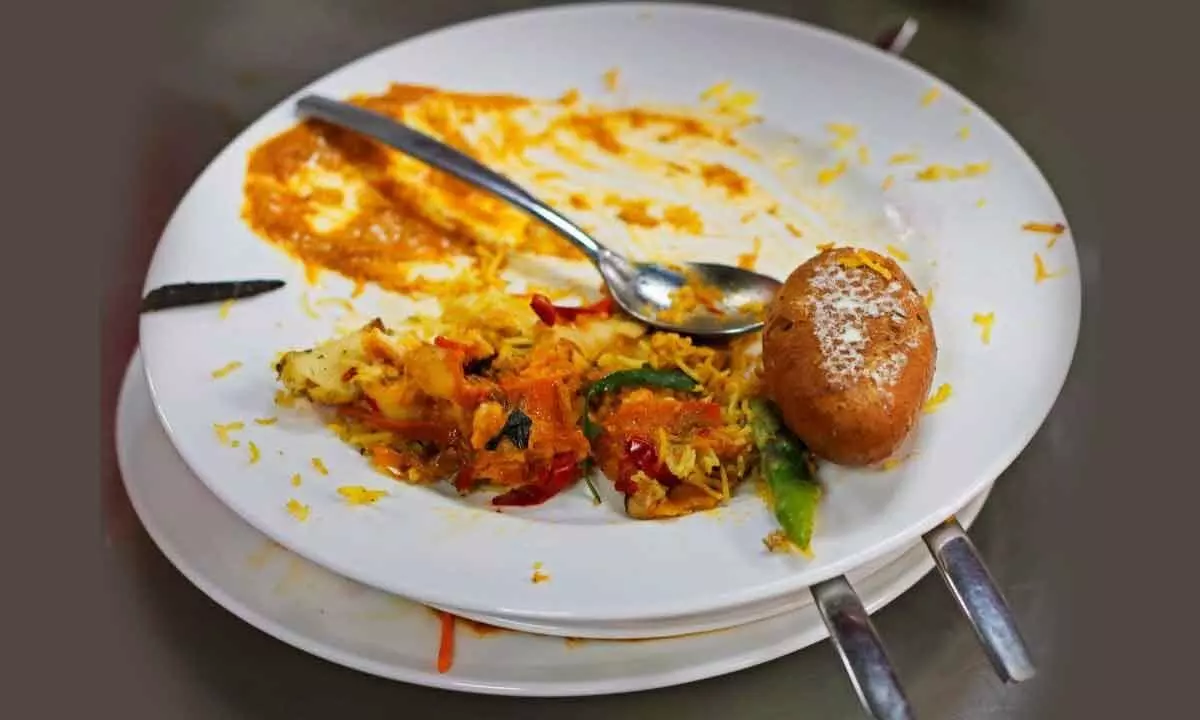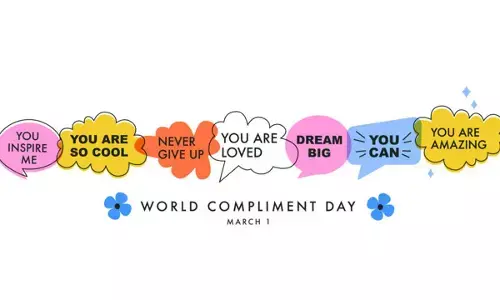Scrapping use-by dates could prevent huge amounts of food waste

Before ending up on a European supermarket shelf, an avocado has effectively emitted 1.3 kilograms of carbon into the atmosphere.
Before ending up on a European supermarket shelf, an avocado has effectively emitted 1.3 kilograms of carbon into the atmosphere. Its production alone consumes 60 gallons of water. Despite this, the fruit will often be discarded as household waste.
Wastage occurs at each stage of the food supply chain, but household food waste is one of the most significant. British households waste an estimated 6.7 million tonnes of food each year, amounting to approximately 32 per cent of all purchased food items. Household food waste is also notoriously difficult to manage.
Studies show that consumers often both fail to understand the environmental consequences of food waste and are rarely held accountable for it. Household food waste is the result of mismanagement Much of this wastage is avoidable and the food may have been eaten had it been better managed. This has prompted Waitrose to join a growing number of food retailers in removing date labelling, such as the "use-by" or "best-before" date, from some fresh food items in an attempt to reduce household food waste.
Past studies have confirmed the importance of date labelling on consumers' decision making. Almost 60 per cent of western European consumers surveyed said they "always" check date labels while purchasing a food item or preparing a meal. But the routine application of date labelling has long come under criticism. A recent study attributed consumers' failure to understand the application of date labelling to an increased likelihood of irrational decision making. Indeed, research has shown that consumers commonly reject edible, but date-expired food, rejecting up to 56.7 per cent of such food on average. The Institute of Food Technologists additionally question whether date labels are an accurate measure of food safety anyway, as post-packaging temperature control cannot be assured.
The removal of date labelling is therefore a promising start. Without date labels, often dubious information that may interfere with the consumers perception of what is edible, is removed. Instead, consumers are encouraged to sense-check fresh food items. In the case of an avocado, the advice given to consumers is that when ripe, it should have a "pleasant and slightly sweet aroma", whilst the skin should be "dark green or brown". Information is also provided on how an avocado should look, taste, and feel when "overripe".
It is hoped that a better informed consumer will be less likely to blindly discard food due to a lapsed date. The Waste and Resources Action Programme (WRAP) predict that approximately 50,000 tonnes of food waste could be avoided each year in the UK if date labels were removed from just apples, bananas, potatoes, cucumber and broccoli. Should retailers be doing more?
Despite growing momentum in date label removal, industry stakeholders remain insistent that retailers are duty-bound to do more. Some research suggests that retailers should also explore alternative ways of expressing labelling to better meet consumers' informational needs. Re-scripted date labels such as "best before, often good after" may encourage the acceptance of "date-expired" foods in the knowledge that the item remains safe to consume.
Encouraging people to buy appropriate amounts of food items is also an effective way of reducing food waste. Supermarkets are being placed under increasing pressure to sell loose products. WRAP forecast considerable waste reductions should this be implemented nationwide.
Changing the behaviour of consumers
Gradually changing ingrained consumer behaviour, through long-term awareness campaigns is often considered key to reducing food waste. Commercial campaigns and targeted community outreach programmes can contribute to a greater understanding of the science behind date labels. They can also encourage consumers to source food locally and participate in urban farming schemes. A pilot study at the University of Sussex analysed fruit and vegetable yields from 34 urban allotments. They found that urban growers were able to grow 1kg of fruit and vegetables per sq metre, a yield within the range of a conventional farm. Changing consumers' perceptions through innovative social and commercial initiatives, also represent increasingly popular food waste reduction strategies.
Downloadable meal planning and smart shopping tips both encourage responsible shopping practices. Fresh food box schemes which supply precise quantities of ingredients for specific dishes also substantially reduces household food waste. The Wuppertal Institute reports that HelloFresh meals generate 51 per cent less food waste than non-HelloFresh meals.
While the removal of date labels indicates a growing desire to reduce food waste, it is effective only if consumers are supported with better information and encouraged to simultaneously adopt more sustainable shopping practices. While changing dietary culture and consumer behaviours towards greater sustainability is an arduous process, it is a necessary one as we transition towards greater responsibility in food waste management.
The writer is Lecturer in Sustainability, Lancaster University Lancaster. (The Conversation)








